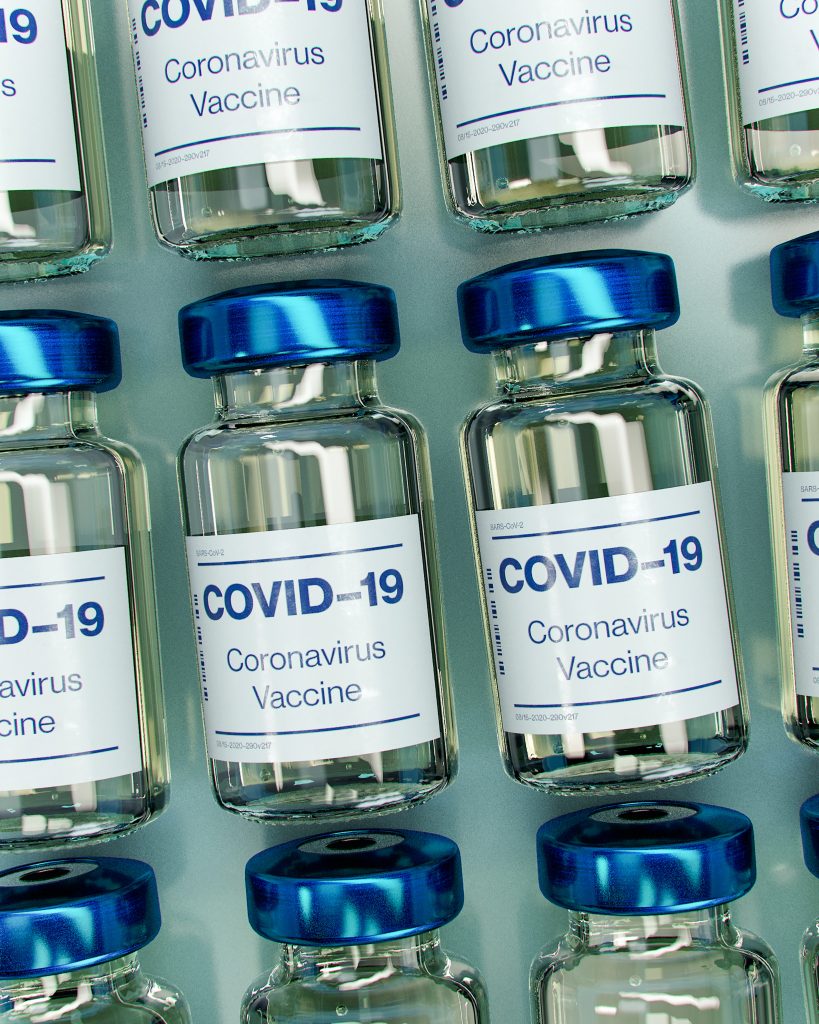The largest short-term reduction in energy use and largest short-term reduction in energy use and carbon emissions in a lifetime is a result from the Covid-19 pandemic and are still in the process of being assessed. This had led to significant changes in people’s day to days lives that are unparalleled in the last few decades.

The Covid-19 pandemic has resulted in the largest short-term reduction in energy use and largest short-term reduction in energy use and carbon emissions in a lifetime. Such a rapid change in energy use patterns has imposed severe impacts on the firms that produce energy services – across industry, electricity, transport and buildings – as well as a sharp decline in economic output.
Covid-19 has re-emphasised the multiple interconnections of the energy system with overlapping systems for health, social care, education, food, air quality, water, tourism, and governance. However, this disruption to business-as-usual has has spurred new thinking in how we consume energy to underpin production of goods and services, to underpin production of goods and services, meet our demands for electricity and transport, and run our towns and cities.
The lockdowns, work-from home, track-and-trace and other measures put in place to limit the the spread of the coronavirus has imposed changes to our work and lives that are unparalleled in the last few decades (see Figure 2 for an example). We are still in the process of assessing the short-term impacts of Covid-19 on the EU energy system, its economy and prosperity of the bloc. This policy brief seeks to shed some light onto some of these pressing issues.
To read the full policy brief on “Implications of the Covid-19 Pandemic on Decarbonisation Pathways”, please access our website here.
This article is an output of the EU-funded DEEDS project.

DEEDS
 The Dialogue on European Decarbonisation Strategies (DEEDS) delivers state of the art knowledge on decarbonisation pathways and facilitates knowledge co-creation with policy, business representatives, scientists, NGO’s and other stakeholders. The DEEDS project creates a network of leading scientists and a knowledge base of relevant research projects related to European decarbonisation pathways. The project organizes a dialogue for co-creation of knowledge and policies with representatives from science, policy, industry and civil society.
The Dialogue on European Decarbonisation Strategies (DEEDS) delivers state of the art knowledge on decarbonisation pathways and facilitates knowledge co-creation with policy, business representatives, scientists, NGO’s and other stakeholders. The DEEDS project creates a network of leading scientists and a knowledge base of relevant research projects related to European decarbonisation pathways. The project organizes a dialogue for co-creation of knowledge and policies with representatives from science, policy, industry and civil society.
Project details
- Project title: “Dialogue on European Decarbonisation Strategies” (DEEDS)
- Funding scheme: European Union Horizon 2020 Programme (EU H2020)
- Duration: 3 years (1 October 2017 – 30 September 2020)
- Project coordinator: TNO, The Hague, the Netherlands
- Project website: www.deeds.eu

